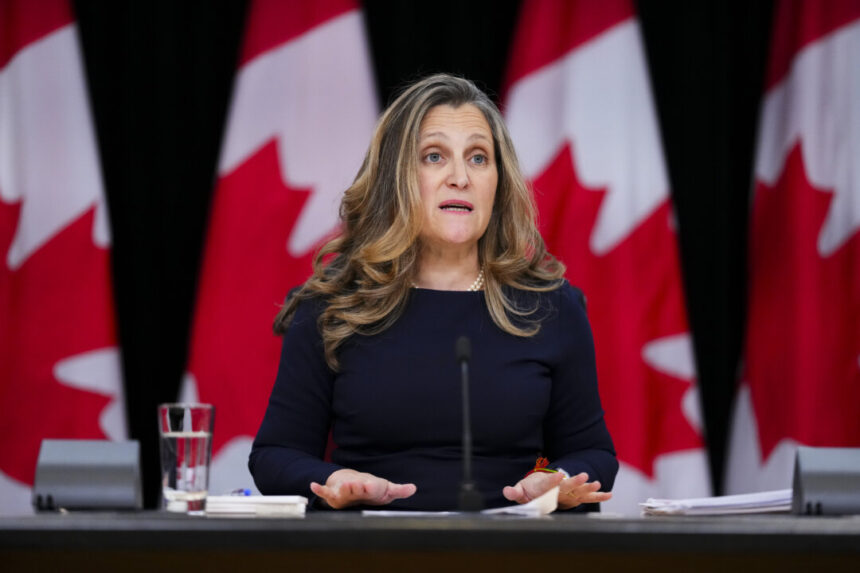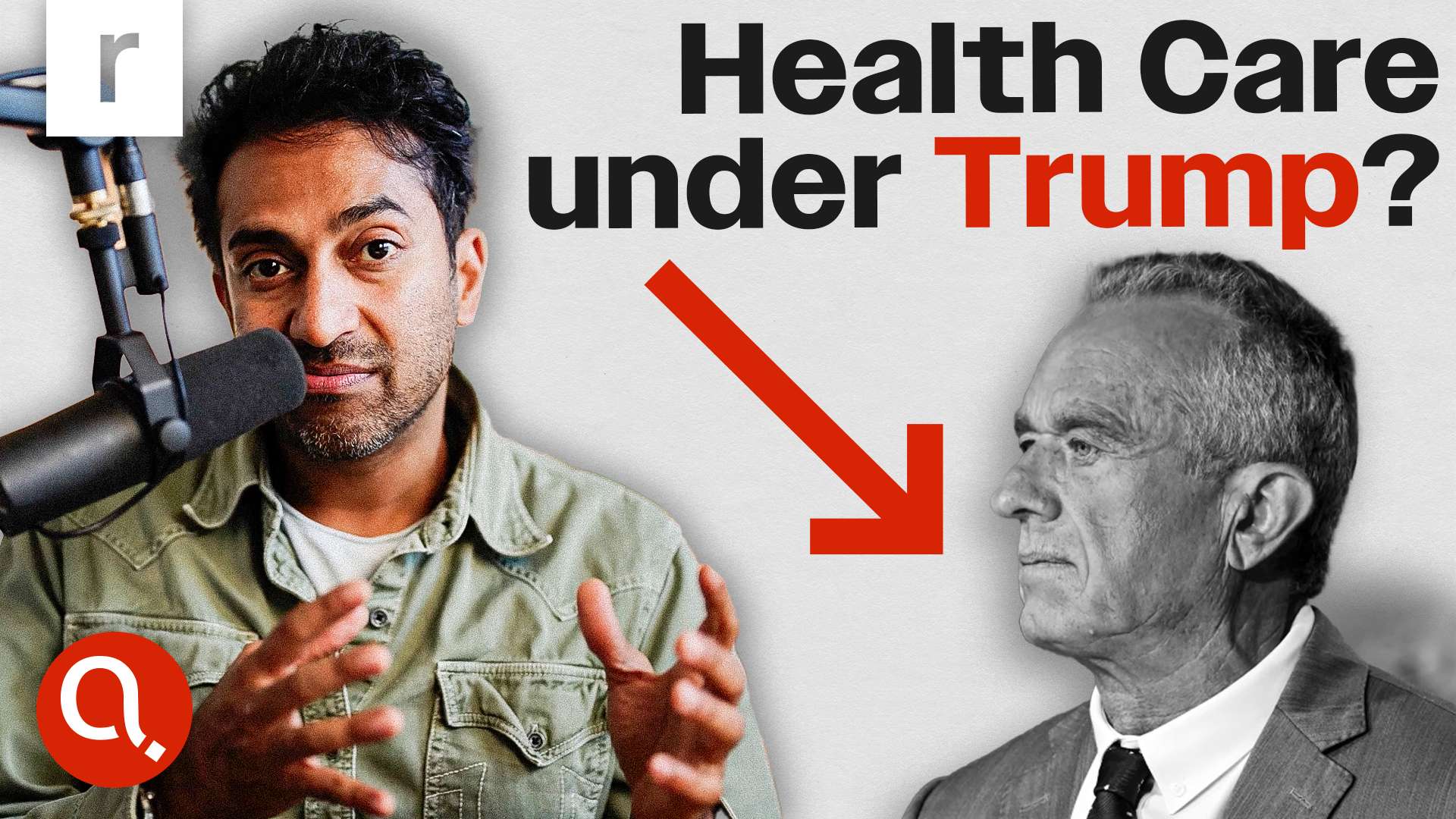The federal government is implementing a temporary break on GST in an effort to address a phenomenon known as a ‘vibecession’ affecting Canadians, according to Finance Minister Chrystia Freeland on Monday.
Prime Minister Justin Trudeau announced that starting Dec. 14, the goods and services tax will be removed from a variety of items for a two-month period to alleviate the affordability challenges faced by Canadians.
In a press conference on Monday, Freeland highlighted the disparity between positive news regarding inflation and interest rates and the negative sentiment among Canadians about the economy, which has been described as a “vibecession.”
The purpose of the tax cut, as stated by the finance minister, is to help bridge this gap and stimulate consumer spending.
“One of the positive impacts of this measure is to help Canadians overcome the vibecession because the sentiment of Canadians truly does have a tangible economic effect,” Freeland explained.
In addition to the GST relief, the federal government intends to provide $250 cheques in the spring to Canadians who were employed in 2023 and earned up to $150,000.
Trudeau acknowledged that despite the decrease in inflation and interest rates, Canadians are still feeling the impact of rising prices. While the government cannot directly control prices at the checkout counter, it aims to provide financial relief to individuals.
The GST break and cash assistance are expected to incur a cost of $6.3 billion for the federal government.
According to BMO, the stimulus is equivalent to 0.3 percent of GDP.
“While the impact is substantial, it may not significantly alter economic behavior or address issues such as productivity and affordability compared to more permanent solutions like income tax reductions,” stated BMO senior economist Robert Kavcic in a report.
“In light of the forthcoming pro-growth policies of the incoming U.S. administration, it may be more beneficial to focus on measures with longer-lasting effects.”







